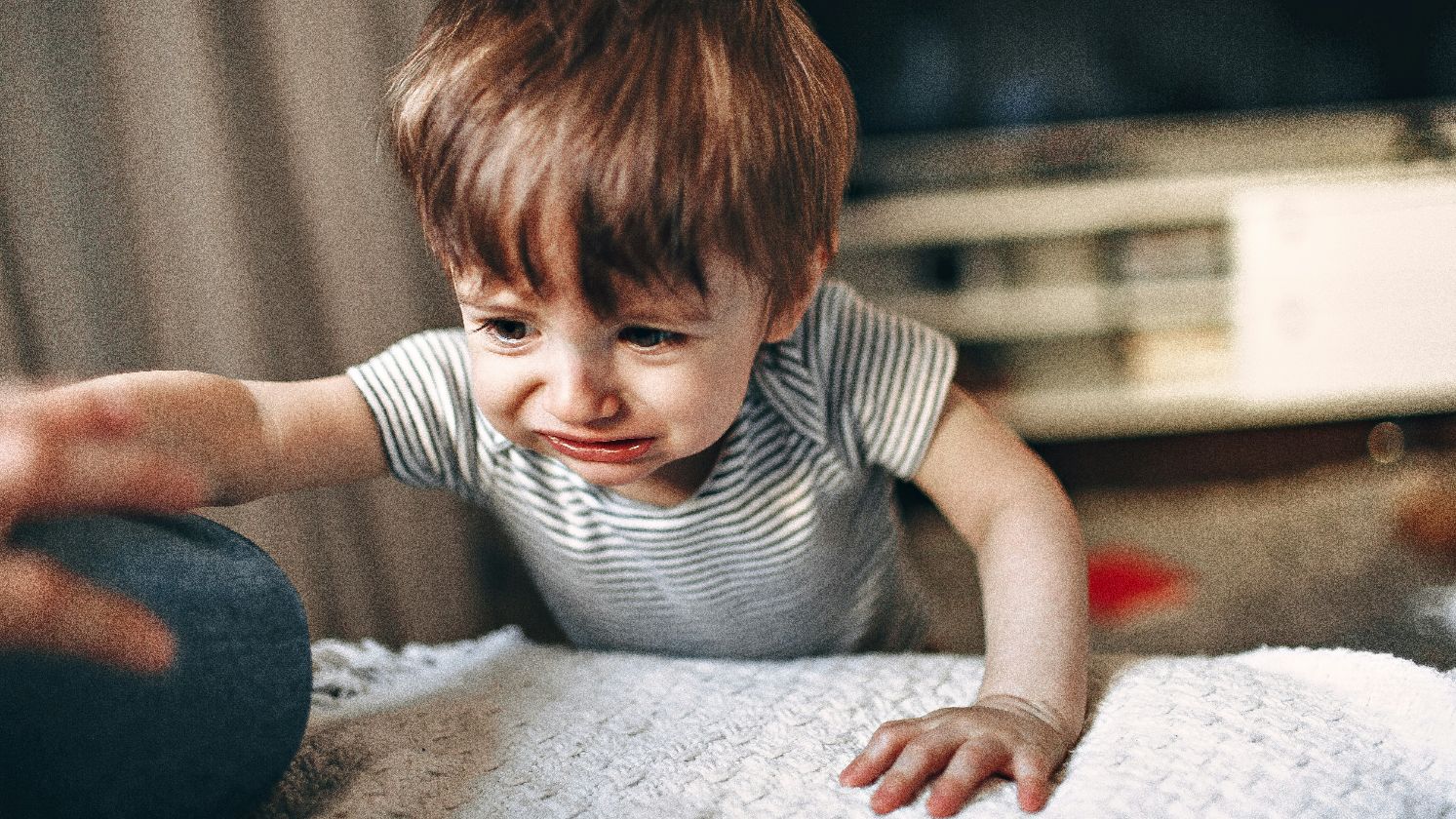Are you currently going through a rough patch in your marriage/relationship and need some help? It's never a bad idea to seek professional help, especially if you want to preserve and rebuild your relationship. If you're thinking about going to couples therapy, here are 20 techniques that are commonly used, all meant to help you and your partner reform that great bond you once had.
1. Gottman Method
The Gottman Method is a tried and true couples therapy technique that focuses on fixing conflicting verbal communication while increasing intimacy, respect, and affection. The goal is to remove any barriers that are impacting the couple in resolving conflicts, helping to create a heightened sense of empathy and understanding for one another. This approach is evidence-based and draws on years of research to help couples build a strong, lasting relationship.
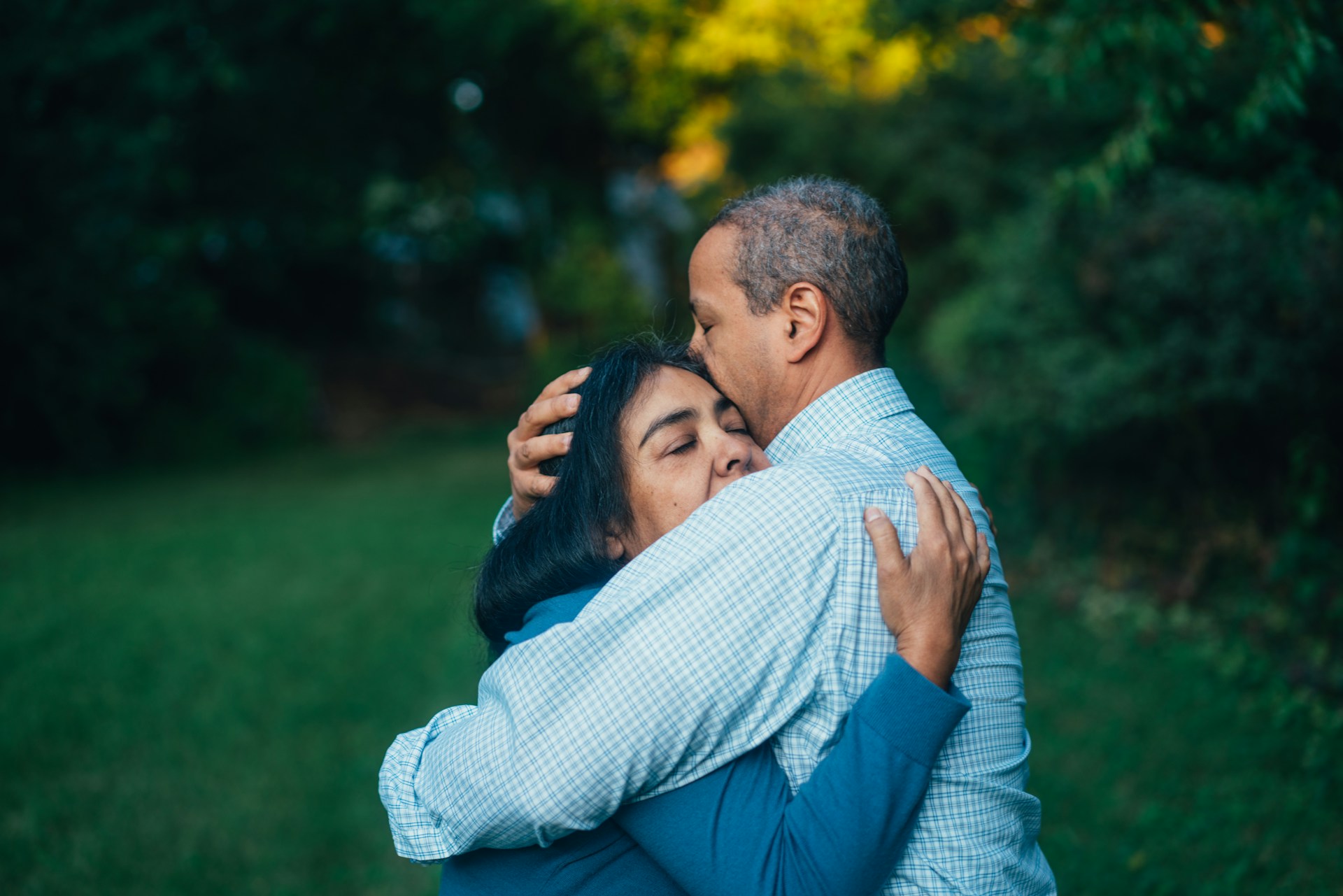 Photo by Gus Moretta on Unsplash
Photo by Gus Moretta on Unsplash
2. Emotionally Focused Therapy (EFT)
EFT is designed to address distress and friction in a couple's emotional bond by encouraging the creation of a much more secure and resilient relationship attachment. This method mainly explores emotions and patterns that arise within the relationship dynamic, with the goal to build greater security, closeness, and connection.
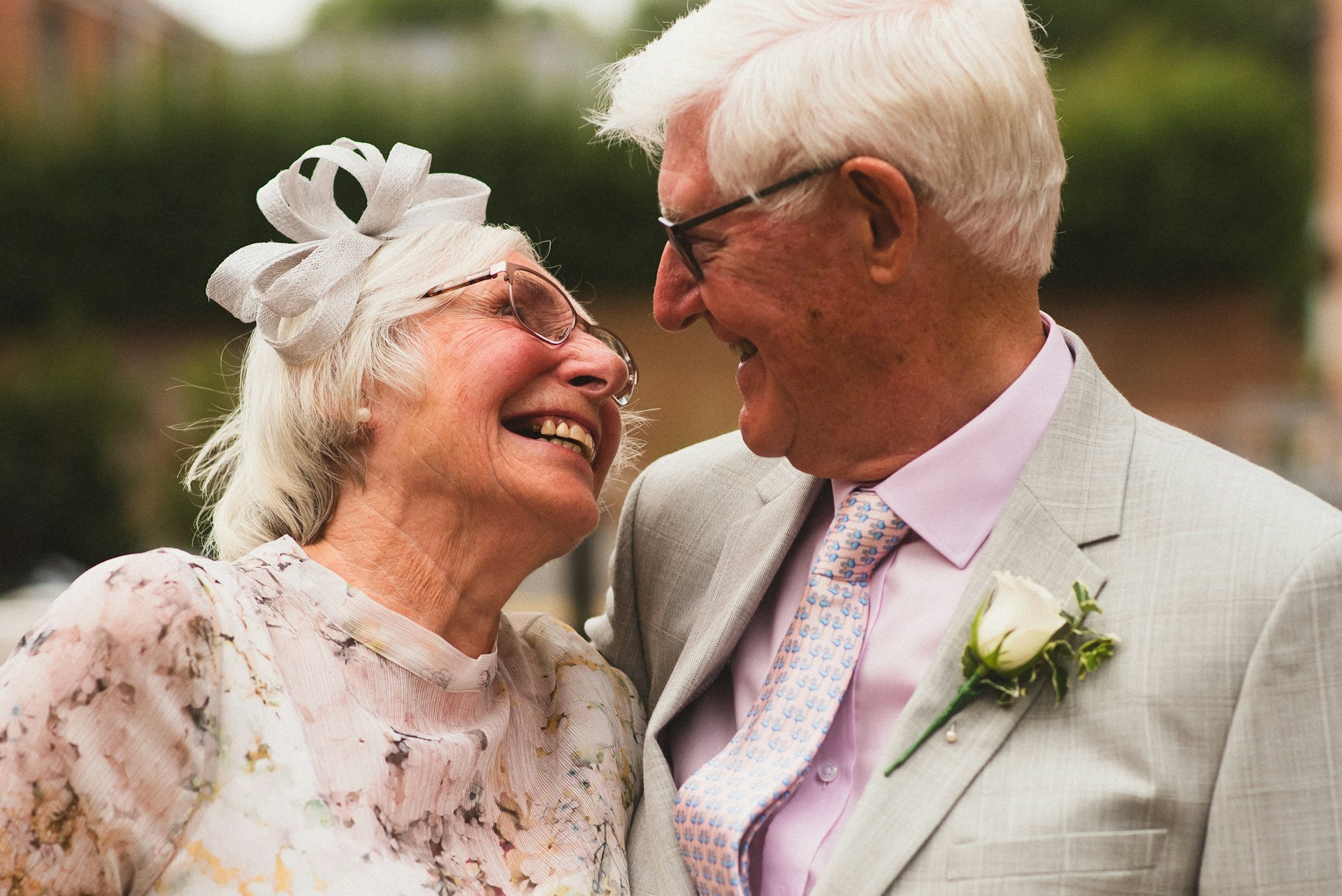 Photo by Chino Rocha on Unsplash
Photo by Chino Rocha on Unsplash
3. Cognitive Behavioral Therapy (CBT)
Cognitive Behavioural Therapy aims to identify and challenge negative patterns of thought and behaviour that are deeply affecting relationships. By addressing these patterns directly, CBT attempts to change these harmful behaviors and thought processes by turning them into improved communication and problem-solving skills for the couple.
 Photo by Kelly Searle on Unsplash
Photo by Kelly Searle on Unsplash
4. Narrative Therapy
Narrative Therapy is all about helping couples not to internalize their issues; it encourages couples to separate themselves from their problems and to reflect upon the stories that they tell themselves about their relationship. This technique allows partners to rewrite the negative narratives they may have created and to see their relationship from a fresh, more positive perspective.
 Photo by Nani Chavez on Unsplash
Photo by Nani Chavez on Unsplash
5. Solution-Focused Therapy
As the name goes, this technique is all about focusing on the solutions instead of the problems. Solution-Focused Therapy is goal-oriented, encouraging couples to envision their desired future together and work actively towards creating the steps needed to achieve these goals. It's all about promoting quick, positive changes within the relationship.
 Photo by Sinitta Leunen on Unsplash
Photo by Sinitta Leunen on Unsplash
6. Imago Relationship Therapy
Imago Relationship Therapy focuses on transforming conflict into opportunities for healing and growth. It views the conflicts the couple is facing as outcomes of their childhood rather than an actual falling out as the people they are now. This technique tries to encourage partners to listen to each other's needs and frustrations as a reflection of their childhood experiences, all in an attempt to help them understand each other's backgrounds and to heal together.
 Photo by Everton Vila on Unsplash
Photo by Everton Vila on Unsplash
7. The Developmental Model of Couples Therapy
The Developmental Model of Couples Therapy attempts to show couples that a relationship is meant to naturally evolve through many stages as it reaches maturity, and that conflict is normal and it's about how you overcome it to get to the next step. This technique emphasizes growth and development above all else, encouraging partners to evolve together.
 Photo by Anthony Tran on Unsplash
Photo by Anthony Tran on Unsplash
8. Psychodynamic Couples Therapy
Psychodynamic Couples Therapy explores the deep-rooted causes of behavior and feelings that can manifest in a relationship, often linked to past experiences, that are creating conflict and arguments. By understanding these subconscious influences, couples can better work out their unresolved issues and improve their problem-solving skills to create a better foundation for their relationship.
 Photo by David Cajilima on Unsplash
Photo by David Cajilima on Unsplash
9. Relational Life Therapy
Relational Life Therapy, developed by Terry Real, largely focuses on helping couples move beyond dysfunctional patterns of interaction and the impact of social norms (how society tells us we have to act in a relationship) so that they can build a more loving and respectful connection. It emphasizes personal responsibility, communication skills, and the importance of both partners working together to create a healthy relationship.
 Photo by Kimson Doan on Unsplash
Photo by Kimson Doan on Unsplash
10. Integrative Behavioral Couples Therapy
Integrative Behavioral Couples Therapy expands on traditional CBT by incorporating acceptance strategies. Couples learn to accept differences and tolerate distress through change-based strategies and acceptance-based strategies, aiming to improve emotional understanding and communication.
 Photo by Alvin Mahmudov on Unsplash
Photo by Alvin Mahmudov on Unsplash
11. Positive Psychology
Positive Psychology is exactly as it sounds - it focuses on enhancing the positive aspects of a relationship rather than just fixing the negative issues. It encourages and reminds couples to build on their strengths, foster gratitude for one another, and engage in positive activities and communication that reinforce their bond.
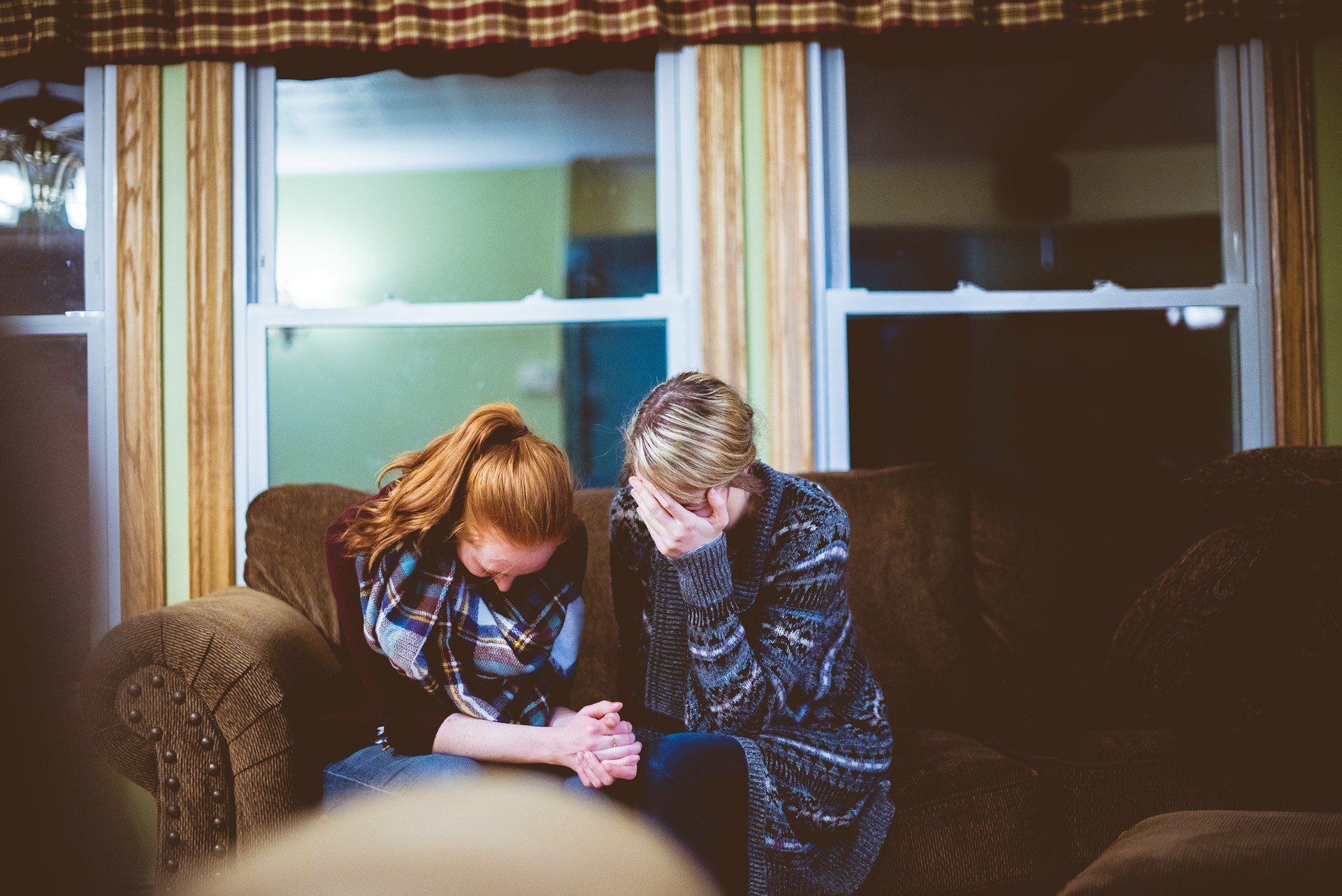 Photo by Ben White on Unsplash
Photo by Ben White on Unsplash
12. Discernment Counseling
Discernment Counseling is definitely for more serious matters; it's designed for couples right on the brink of divorce and that need help deciding whether the relationship is worth repairing. This short-termed approach focuses on understanding what has happened to the relationship and what each partner wants for the future.
 Photo by Alvin Mahmudov on Unsplash
Photo by Alvin Mahmudov on Unsplash
13. The Couples Dialogue
The Couples Dialogue is a communication technique that promotes understanding and connection. It involves partners taking turns as speaker and listener, ensuring that each person feels heard and valued. This method helps to break down walls, improves communication issues, and builds a deeper emotional connection.
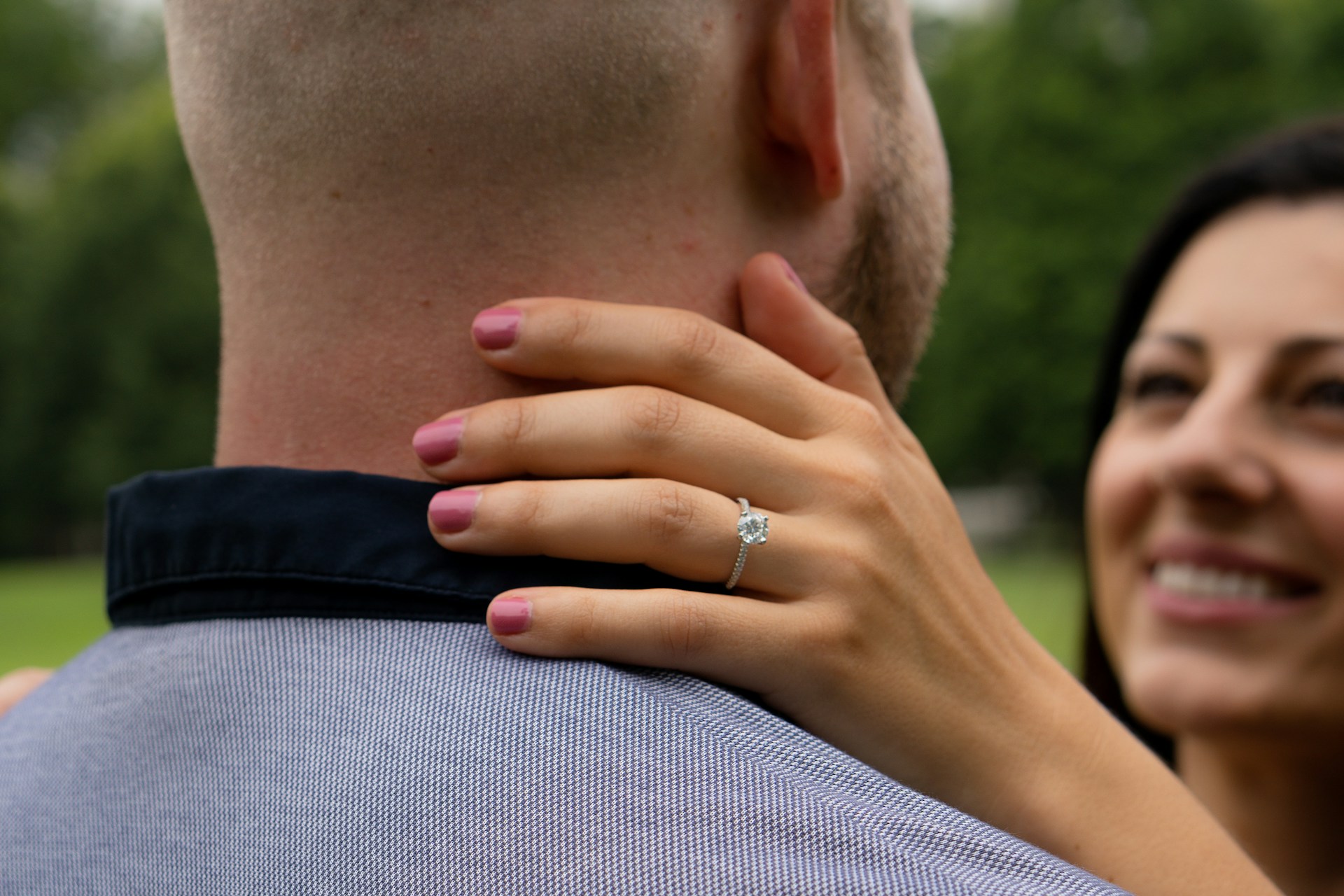 Photo by Inera Isovic on Unsplash
Photo by Inera Isovic on Unsplash
14. Nonviolent Communication (NVC)
Nonviolent Communication has four central components: observation, feeling, need, and request. This technique is all about enhanced communication, teaching couples to express their needs and feelings without the fear of criticism or blame. It focuses on empathetic listening and honest expression, with the goal of fostering mutual respect and understanding in the relationship.
 Photo by Henry Lai on Unsplash
Photo by Henry Lai on Unsplash
15. Bowen Family Systems Therapy
The Bowen Family Systems Therapy views the family as a single, emotional unit where understanding one's family dynamic can help to understand the person themselves. This approach sees dysfunction in a relationship as the inability for each partner to separate themselves from their families. Therefore, this technique encourages individuals to work on their differentiation, the ability to maintain their sense of self while being emotionally connected to their partner, leading to healthier relationship dynamics.
 Photo by Priscilla Du Preez 🇨🇦 on Unsplash
Photo by Priscilla Du Preez 🇨🇦 on Unsplash
16. Systemic Couples Therapy
Systemic Couples Therapy is not just about examining the couple, but also about the patterns, dynamics, and influences within the entirety of their relationship; it extends to their wider social and familial networks too! This approach demonstrates how external factors like family beliefs, social expectations, and cultural backgrounds can impact the relationship. By better understanding these systemic issues, couples can learn to identify and change any unhelpful patterns and dynamics to build a healthier, more supportive relationship environment.
 Photo by freestocks on Unsplash
Photo by freestocks on Unsplash
17. Mindfulness-Based Couples Therapy
This mindfulness method can be useful for couples needing help and couples that are perfectly content with one another. Because as well all know, every couple will face their own set of challenges. It's all about creating practices that help reduce stress, helping couples to diffuse conflict instead of exacerbating them. This form of therapy helps partners become more aware of their thoughts, feelings, and actions, promoting better presence and acceptance that improves communication as a whole.
 Photo by Annette Sousa on Unsplash
Photo by Annette Sousa on Unsplash
18. Transactional Analysis
Transactional Analysis examines the interactions between partners through the lens of their parent, adult, and child ego states. It helps couples understand how their behaviors and communication patterns can be traced back to these states, encouraging more adult-adult interactions. It can be very insightful for understanding how each partner communicates, why they act this way, and how they can improve.
 Photo by Alice Donovan Rouse on Unsplash
Photo by Alice Donovan Rouse on Unsplash
19. Hold Me Tight Program
Based on Emotionally Focused Therapy, the Hold Me Tight program is created for struggling couples and offers a structured approach to conversations that promote attachment and bonding. It focuses on creating and strengthening the emotional bond between partners through a series of guided dialogues.
20. Encounter-centered Couples Therapy
Encounter-centered Couples Therapy combines principles from various therapy models to create transformative encounters between partners that help them grow into a more developed, mature couple. It emphasizes the importance of presence, connection, and encountering each other in the here and now, aiming to rebuild the relationship from a place of authenticity and love.






